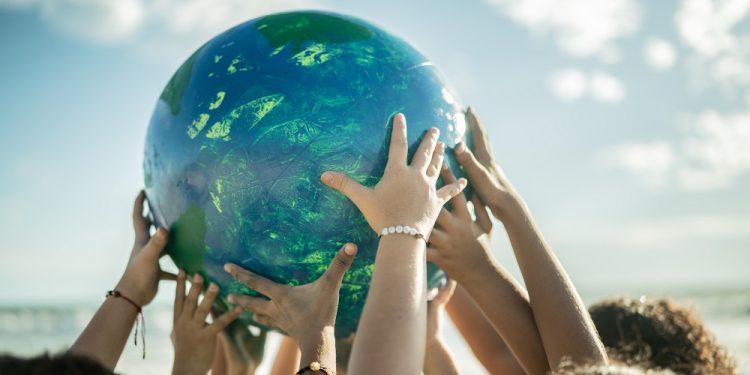
Earth Day
Earth Day is a time of the year to reflect on how your life impacts the planet. On this day, people think about new ways to reduce their carbon footprint and improve water quality, hold demonstrations to show their support for the protection of their environment, and get together to get their hands dirty and make earnest strides towards making the Earth a better and healthier place to live.
History
The history of this day can be traced back to April 22, 1970, when U.S. Senator Gaylord Nelson founded it as a way to bring to light serious environmental concerns and to address the need for environmental reform. Although it was originally envisioned as an American event, it was taken to the international stage in 1990 by Denis Hayes and is now active in 142 nations.
Customs and Celebrations
Planting Trees and Wildflowers – As a present to the planet, many people plant trees and wildflowers on Earth Day. This is not only done by individuals but also by different organizations all around the world. This is especially prevalent in many Central and South American countries, such as Costa Rica.
Celebrating with Music – In South Korea, the day is often marked by children playing music on instruments they have created using nothing but discarded items.
Celebrations Through Art – All over the world, children often paint or draw pictures as school projects for this day. Many art galleries throughout the world also feature special exhibits that highlight the importance of this day.
Conclusion
Earth Day is an important day for people to take time out of their busy lives to consider the impact that humanity has on the environment and for taking steps to minimize these impacts, so we all can live happier and healthier lives in tune with nature.








